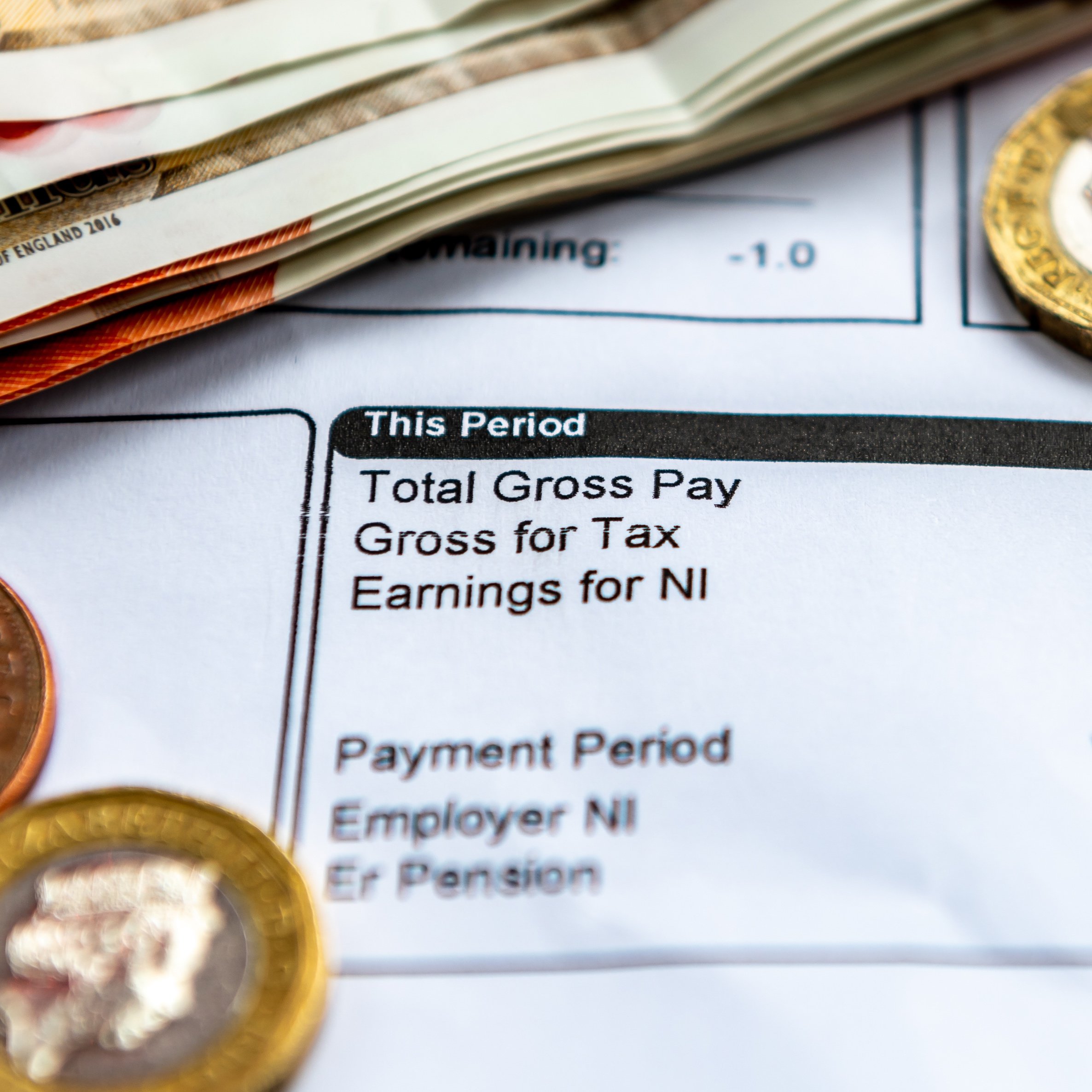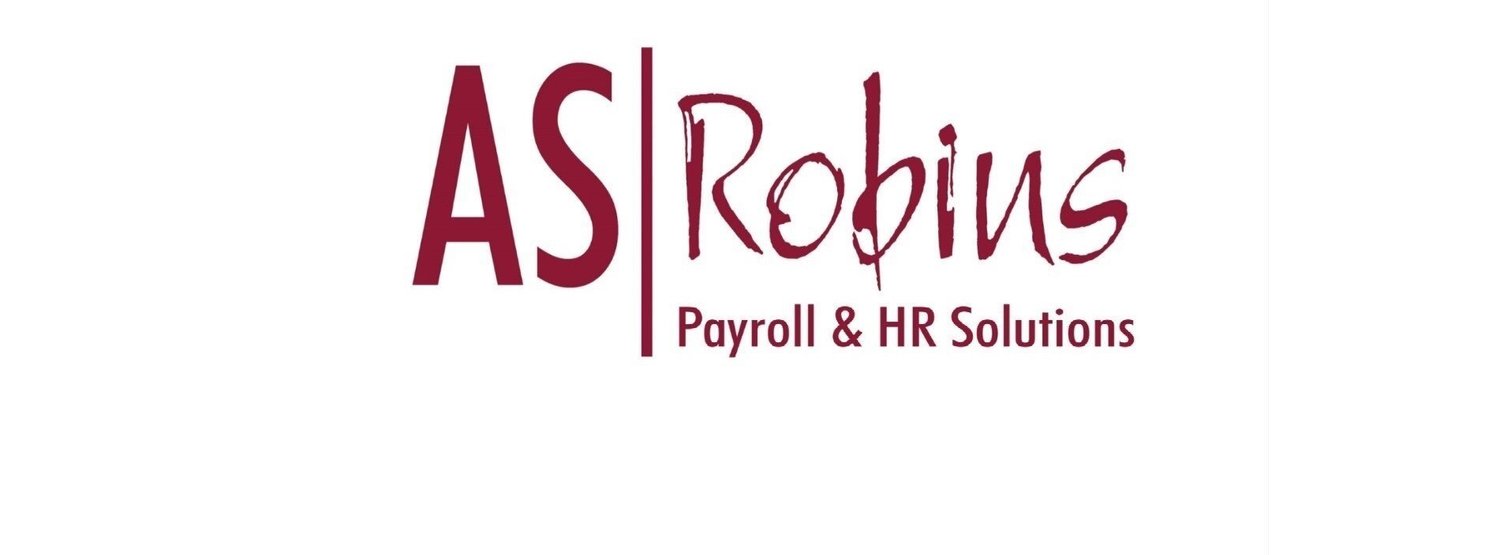
Employers' National Insurance contributions to change from April 2025: Everything you need to know
Rachel Reeves, the Chancellor of the Exchequer, has confirmed that Labour will be adhering to their manifesto pledge of keeping the rates for National Insurance (NI), Income Tax, and VAT unchanged for working people. However, the rate of Employers’ NI contributions (NICs) will be increasing.

National Minimum Wage checklist for new employers
Are you a new employer or planning to become one? If so, it is essential for you to be made aware of the different factors that often come to light when paying staff, in accordance with the laws concerning minimum wage. We have created a short summary below outlining the key fundamentals of the different aspects surrounding this topic:

Umbrella Company Payslip Checking Tool
HMRC has introduced a cutting-edge online tool to help workers engaged with umbrella companies identify signs of fraud and avoid falling into tax avoidance schemes. This initiative is part of HMRC’s ongoing efforts to protect workers and ensure transparency in payroll processes.

Do I need to complete a Declaration of Compliance?
Between May and August, over 100,000 small employers and their business advisers will be tackling an important task: submitting a Declaration of Compliance to The Pensions Regulator (TPR). If you're supporting clients through this process, here's what you need to know.
Why the Declaration Matters
Every employer in the UK has workplace pension duties. This means they must assess their staff, enroll those who qualify into a pension scheme, and contribute to it. The Declaration of Compliance is the formal way of showing TPR that these duties have been met.
Even if an employer doesn’t have staff to enroll, they still need to complete the declaration to confirm they've fulfilled their legal obligations. Missing this step could lead to penalties, so it’s not something to overlook.

Research indicating that there are 3.3 million lost pension pots
The problem of small and lost pension pots has garnered significant attention in recent years, though many may not realize just how widespread the issue is.
According to recent research from the Pensions Policy Institute (PPI), the scale of lost pensions is substantial, as highlighted in their 2024 briefing note.

What is a Split Tax Code?
A split tax code is assigned when your tax-free personal allowance is divided between two or more sources of income, such as two jobs or a job and a pension. Here's how you can get a split tax code and how it works:
1. Understanding the Need for a Split Tax Code
If you have multiple sources of income, such as:
- Two or more jobs
- A job and a pension
- Multiple pensions
HMRC Tax Avoidance List
HM Revenue and Customs (HMRC) has added five new names to the current list of named tax avoidance schemes, promoters, enablers and suppliers.

Key Autumn 2024 Tax Updates
RTI REPORTING CHANGES DELAYED
Changes Pushed to 2026: HMRC has delayed the requirement to report detailed employee hours via real-time information (RTI) until at least April 2026. This delay allows businesses time to prepare for the changes.
New RTI Requirements: Employers will need to report actual hours worked or contracted hours for hourly paid employees.
Self-Assessment Changes: Starting April 2025, self-employed taxpayers and company owners will need to report start/end dates of self-employment and dividends, with additional details required on self-assessment (SA) returns.

CPI inflation rose by 2.2% in year to July 2024
According to the latest data from the Office for National Statistics (ONS), the Consumer Price Index (CPI) inflation rate for the year leading up to July 2024 stands at 2.2%. This figure reflects a slight increase from June's annual inflation rate of 2.0%.
In the month leading up to July 2024, the monthly CPI fell by 0.2%. However, when compared to the same period in 2023, which saw a more significant decline of 0.4%, this year's smaller drop has resulted in a 0.2% net rise in yearly inflation. This modest increase has pushed the annual inflation rate slightly higher.

ONS data shows a slow of wage growth
The Office for National Statistics (ONS) has released its August 2024 labour market data, revealing some notable trends in employment across the UK. One key finding is that wage growth has slowed to its lowest rate of increase in two years. While it is too early to draw definitive conclusions from this data, the slowdown in wage growth may be contributing to lower inflation rates. However, the Bank of England's Monetary Policy Committee has indicated that it will remain cautious with adjustments to the bank rate, reflecting the uncertain economic outlook.

Automating saving through payroll: UK experiments
Exploring the Future of Automatic Enrolment Beyond Pension Schemes
For the past decade, automatic enrolment in pension schemes has proven to be a game-changer for employee retirement savings. This success begs the question: can similar methods be applied to other areas of employee benefits?
The National Bureau for Economic Research (NBER) sought to answer this by analysing data from two large UK studies on payroll contributions for short-term savings.
Key Insights from the NBER Studies

Living Wage Foundation Calls for social care living wage
The Living Wage Foundation has released a policy paper highlighting low pay in the adult social care sector across the UK. The report reveals that 43% of adult social care workers in England earn less than the real living wage, and 80% in London earn below the London living wage.
To address this, the Foundation recommends that the UK government:

Enhanced ‘Check Your State Pension’ forecast service: Now available
Agents will be aware that men born after 5 April 1951 or woman born after 5 April 1953, have until 5 April 2025 to pay voluntary National Insurance contributions to make up gaps from 6 April 2006 if they are eligible. The 5 April 2025 deadline is for paying voluntary National Insurance contributions for tax years 2006 to 2007 to 2017 to 2018 (as they would otherwise have dropped out of time).
We wanted to let you know that most of your clients can now take advantage of an enhanced online digital service which HMRC and DWP have delivered on GOV.UK or link through the HMRC app.

Pensions Regulator publishes new corporate plan.
The Pension Regulator (TPR) has unveiled a new corporate plan for the next three years, outlining its strategies to safeguard savers' funds, encourage innovation, and enhance the pension system.
TPR plans to work towards an industry with less pension schemes, with all of them delivering good outcomes for savers. Its priorities over the next three years include:

Self Assessment threshold for customers taxed through PAYE to increase
For the 2023 to 2024 tax year, the Self Assessment threshold for customers taxed solely through PAYE will increase from £100,000 to £150,000.
Customers who submitted a 2022 to 2023 tax return showing income between £100,000 and £150,000 taxed through PAYE, and who do not meet any other Self Assessment criteria, will have received a letter confirming they do not need to complete a tax return.

Call for evidence on reform of fit notes
The Department for Work and Pensions and the Department of Health and Social Care have issued a call for evidence to explore reforms to the fit note process in England, aiming to better support individuals with long-term health conditions in accessing work and health support. This initiative, open for feedback until 8 July, seeks insights on improving outcomes for those needing more extensive assistance beyond short-term illness recovery.

Navigating Year-End Payroll: A Guide for Employers
The new tax year has arrived, and employers in the UK face important responsibilities related to payroll management. Here's a comprehensive overview of what you need to know and do to stay compliant with HM Revenue and Customs (HMRC) regulations.
1. Sending Your Final Payroll Report
Ensure you had sent your employees' final payday of the tax year before or ON the 5th April. Be sure that you marked 'Yes' in the 'Final submission for year' field in your payroll software. This report should include end-of-year information for all payrolls under the same PAYE scheme.
If you missed this deadline or encounter specific circumstances (like 'Week 53' payments), you may need to correct any errors or omissions promptly to avoid penalties.

Government Adjustments to Employee Allowances
As we navigate through the ever-evolving landscape of employment regulations, it is crucial to stay informed. As of 1st April, the government has made adjustments to various employee-related allowances, with some significant changes that impact both employers and employees.
Here's a snapshot of the key changes:

Annual Increase in Employment Tribunal Compensation Limits for 2024-2025
Keeping you informed on crucial updates in employment regulations is at the heart of our commitment. As we transition into the new fiscal year, it's imperative to be aware of the revised compensation limits set by the government for Employment Tribunal cases.
Here are the key changes effective from 2024 to 2025:

